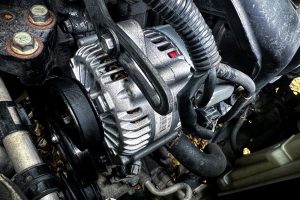Aftermarket car spare parts offer an alternative to genuine parts, often at a lower price. This article discusses the advantages and disadvantages of using aftermarket parts for your vehicle.
1. Cost Savings:
One of the most significant advantages of aftermarket parts is their affordability. These parts are usually less expensive than genuine counterparts, making them a popular choice for budget-conscious vehicle owners.
2. Variety and Customization:
Aftermarket parts offer a wide range of options, allowing car owners to customize their vehicles according to their preferences. From aesthetic modifications to performance-enhancing components, aftermarket parts cater to diverse needs.
3. Quality and Compatibility Concerns:
While some aftermarket parts may meet quality standards, others can be of subpar quality. Compatibility issues may arise due to variations in manufacturing. It’s crucial to research and choose reputable aftermarket brands to ensure a satisfactory experience.
4. Warranty Implications:
Using aftermarket parts might void your vehicle’s warranty, especially if a faulty part leads to broader issues. Manufacturers often recommend genuine parts to maintain warranty coverage.
5. Performance Variability:
The performance of aftermarket parts can vary widely. Some may enhance your car’s performance, while others could negatively impact it. Thorough research and expert guidance are necessary when selecting aftermarket components.
Aftermarket car spare parts offer cost-effective solutions and customization options, but they come with quality and compatibility risks. Vehicle owners must carefully weigh the pros and cons before opting for aftermarket parts, considering their vehicle’s needs and long-term implications.








